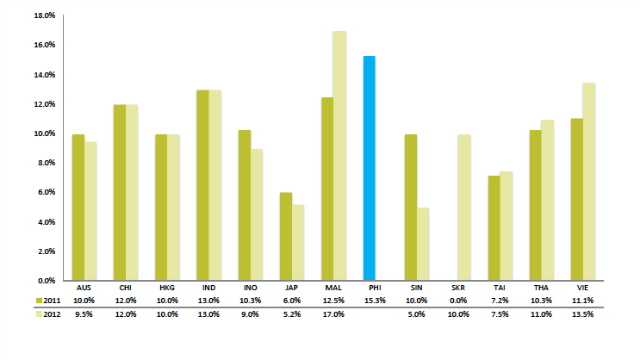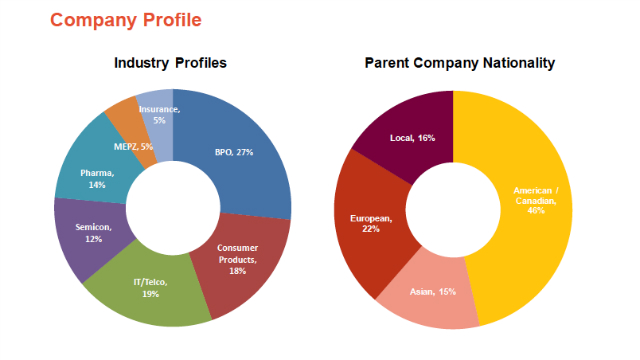SUMMARY
This is AI generated summarization, which may have errors. For context, always refer to the full article.

MANILA, Philippines – Employees across Asia Pacific are working harder than ever, but less are meeting increasingly difficult benefit targets, a recent survey found.
According to a survey carried out by Towers Watson, a global professional services company, 96% of employers in the region feel that individual performance expectations have increased and/or stayed the same.
However at the same time, the percentage of employees who are able to reach the 100% target that will allow them benefits is only 79% for 2011. This percentage is expected to drop to 76% this year.
Higher expectations and harder work has been causing higher levels of stress across the panel. Nearly half (45%) of respondents in Asia Pacific have said they are experiencing more stress at work. This is slightly lower than the global average of 48%.
“Employers are essentially aspiring for higher levels of performance while at the same time depleting the fuel that powers the engine of the organization. Asking employees to continue in this mode is unsustainable for individual employees as well as the organization itself. We are already seeing significant gaps in enabling and energizing of employees – both of which sustain engagement,” said Dhritiman Chakrabarti, Asia Pacific Leader of Rewards at Towers Watson.
The survey was conducted between late April through early June 2012, among 1,605 companies globally, including 796 from Asia Pacific.
According to the results of the survey, 39% of employees are highly engaged in work. However Dhritiman thinks that if the scenario remains the same, the figure will not be sustainable.
“This signals a critical tipping point and employers need to take concrete steps and strike the right balance between employee preferences and employee needs, and in crafting an employee value proposition that helps to attract and retain talented and critical-skill employees while also engaging the broader workforce,” Dhritiman added.
Low salaries in PH
Closer to home, dissatisfaction due to lower salaries means 31% of newly hired Filipino employees are likely to resign within the next two years, another survey by Towers Watson found. This is higher than the global average of 28%.
Rafael Lucien Cepeda, Practice Leader of Organizational Surveys and Insights at Towers Watson Philippines, said 47% of respondents in the Philippines consider base pay and salary as the most important reason why they may leave the companies they work for. This is higher than the global average of 42%.
Globally, only 44% of those surveyed feel they are paid fairly in comparison to other employees who hold similar jobs in other companies. According to the survey, out of 27 options, retirement, health care and wellness benefits are in the top 10 reasons for why employees may consider leaving their organizations.
Filipino employees are more willing to relocate to other countries compared to other nationalities in Asia Pacific, the same survey revealed. Out of this workforce, a big number belongs to the business process outsourcing (BPO) sector.

According to Stella Javellana Garcia, CCP, senior consultant at Towers Watson, the biggest industry in the Philippines in terms of numbers employed is BPO. Over the last couple of years, participation rate has gone up to the 300% level. BPOs in the Philippines currently make up 27% of working employees, while consumer products make up 18% and the IT/telecommunications industry makes up 19%.
People work in the BPO sector an average of 3 years, which according to Garcia is “quite an improvement because in the previous years it was only one to two years.” – Rappler.com
Add a comment
How does this make you feel?
There are no comments yet. Add your comment to start the conversation.